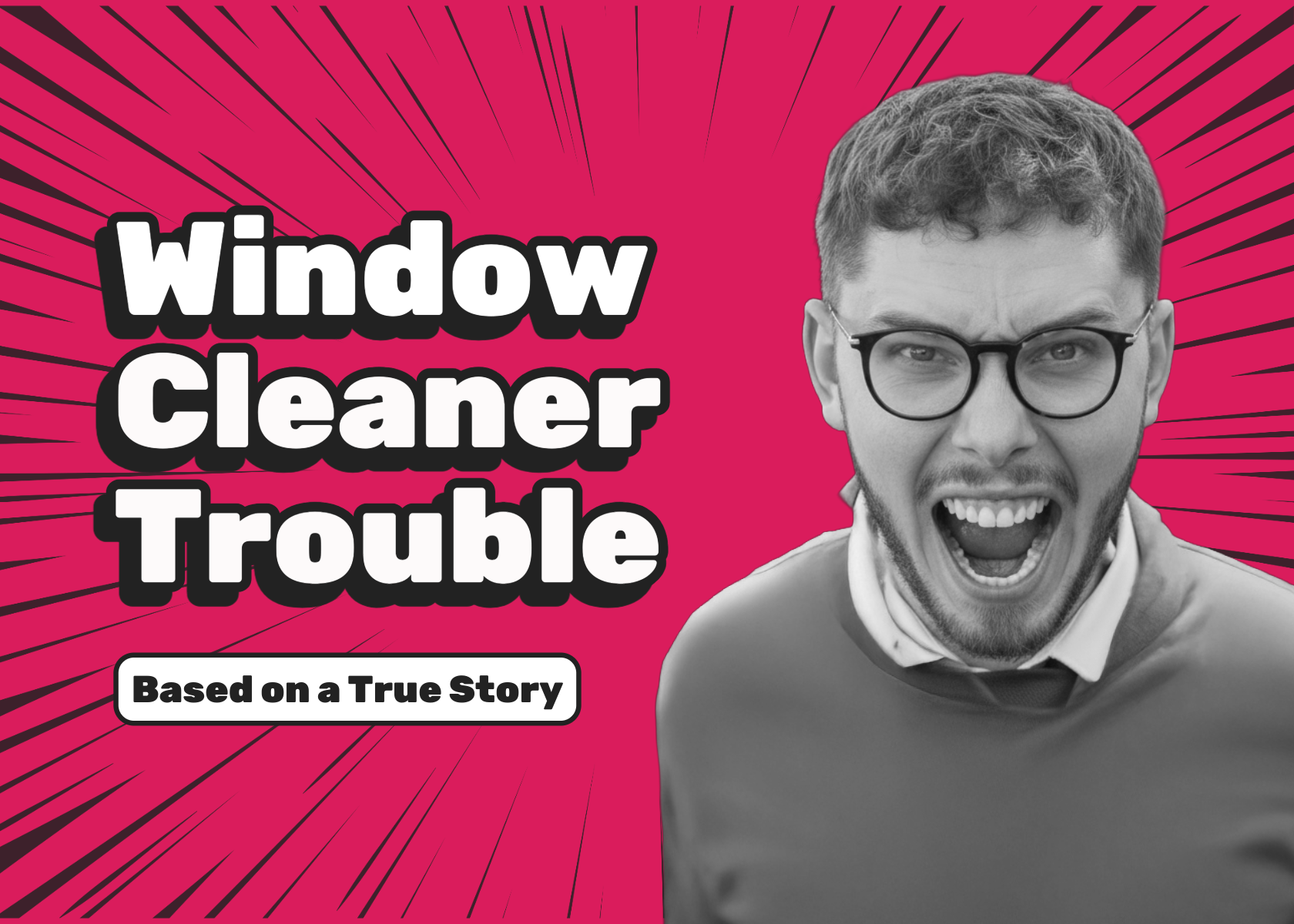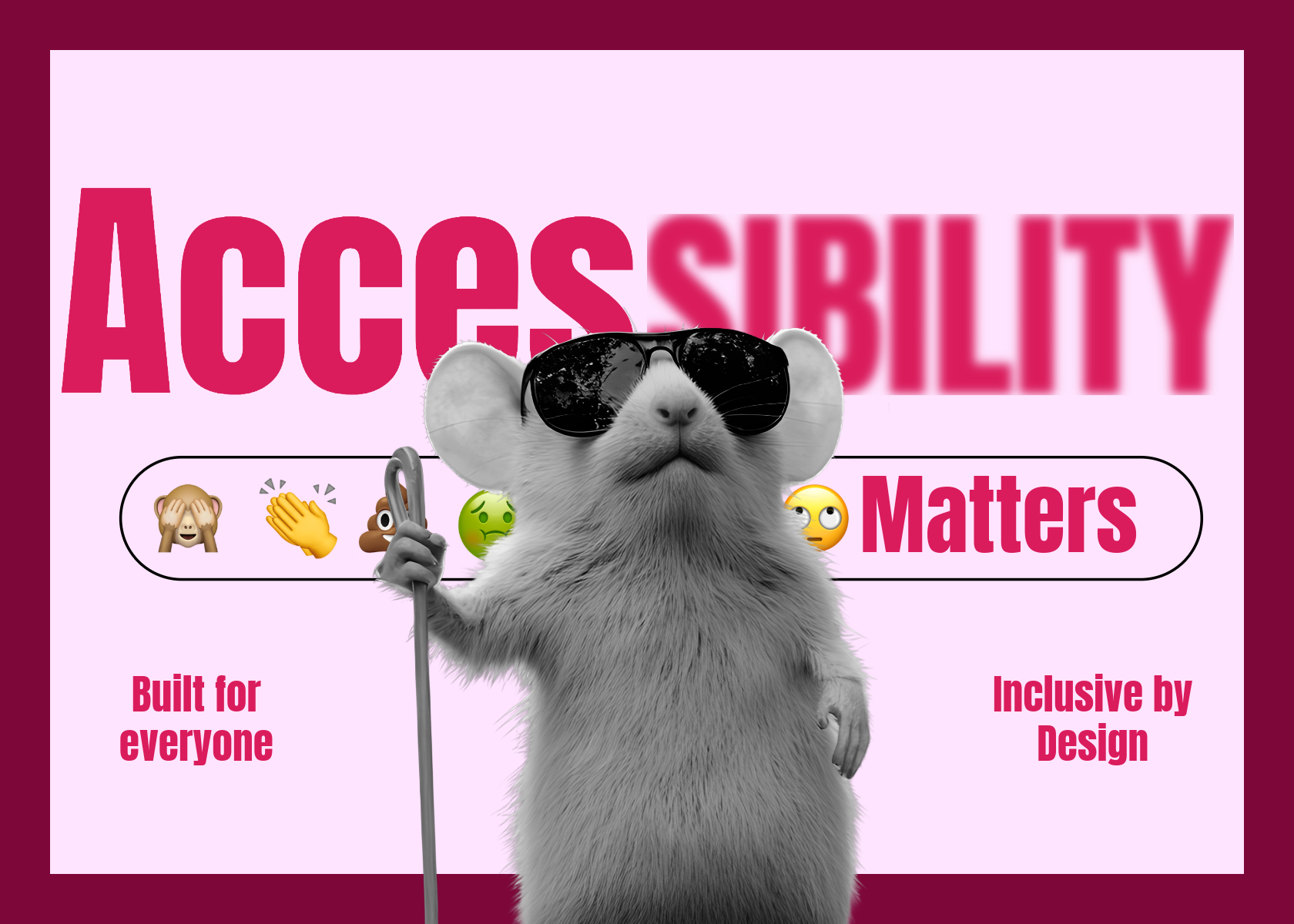What Should I Name My Business and Does It Matter?
Choosing the right name for your business can feel like one of the most important decisions you’ll ever make. While the name itself might seem arbitrary—it’s the marketing and reputation that truly hold value—it’s often the first thing most people will come across and will use to identify you. Your name becomes key in referrals, conversation, and marketing, representing the essence of your business.
At the end of the day, your business name becomes the shortcut for your company’s story. The name doesn’t have to carry all the meaning, but it will be the word that echoes in a client’s mind after a job well done, or the name a customer confidently refers to a friend. It’s the cornerstone of your branding—the thread that ties your vision, values, and reputation together. I’m sorry if that makes you feel worse and not better, but I do have some advice, having been where you are several times before.
Halving the Problem
One of the first things to consider is whether to name the business after yourself or create something completely new. In short, do you want to be the business or create a business? This is a great way to whittle down your options, but if you haven’t even considered this yet, you should read this article for some industry insight.
Meaningless Words
Part of the issue you may be having when coming up with a business name at the start of your journey is that these words carry no meaning…yet. As new names, they are not associated with history, reputation, or nostalgia. Scrawled in a notebook or floating around a conversation, they are just empty words, with only etymology or dictionary meaning to support them.
If you like a name, but something feels slightly “dead” about it, consider that it may not be the name, but a lack of brand identity and marketing [see our services here]. As your business grows in reputation, the name will come to life.
Abbreviations and Acronyms
BBC, BRB, TLC, A&Z… these names are perfectly usable, if not a little dated and uncreative, but they get the job done and might actually be a pretty good option.
While at first glance these names might not seem the most alluring, a straight-shooting name can convey a business-like attitude. For industrial and corporate enterprises, an acronym can indicate an efficient and professional stance.
But this doesn’t mean acronyms are off the books for other businesses. For partnerships, a simple S&M (meaning Sarah and Mark) could indicate your collaboration and modesty.
And if you’re worried about branding and marketing opportunities with your respectable naming conventions, fear not. Some of the most prolific and elegant brands are simple letters, thanks to iconic marks and design.
Being Yourself and Delusions of Grandeur
One of my favourite episodes of the British sitcom Peep Show features the slimy businessman Johnson, who, after the recent termination of JLB, wants to start his own company and asks Mark to join him in launching “Excelsior,” despite having no experience in the field and working out of a kitchen.
As much as we love kitchen businesses—and know they can be primed for success—the irony here is obvious. While opulent naming conventions can certainly work, it’s essential to consider what sort of company you’re trying to build and whether your name genuinely reflects your values in the long term, or if it merely sounds impressive. There are many pretenders in business; ultimately, the value you add or the service you provide is the true marker of success.
In my own journey as a freelancer, I faced similar struggles. Plagued by imposter syndrome, I chose a fictitious name, “Aluna Independant,” because it sounded cool, and I lacked the confidence to present myself authentically. Luckily, I stopped short, of going with the even more ridiculous Aluna Production Studios, being one man, one camera and absolutely no studio.
If you’re contemplating a name for similar reasons, my advice is to be authentic and true to yourself. Your clients and customers will notice this sincerity and will ultimately see through any façade.
If It Sticks, It Fits
Have you ever met someone who came up with their own nickname? Was it any good? These names often feel forced and unnatural. Good names often develop as if by magic.
I once fancied myself a bit of an Alex Turner archetype and formed an indie rock band. Despite this, we could not settle on a band name for months. This was until one day, we were having an argument over whether to call it something lame, and I told our drummer to sit down, “Sit down, Tom.” I laughed; I quite liked the sound of the words. It said a lot about who we were—a bunch of young, headstrong lads who fancied ourselves as rockstars, even though we could barely fill the local pub.
We never officially agreed on the name, but over time it stuck, and even though we split up to have kids, get mortgages, and pursue careers in marketing, Sit Down Tom remains.
The same goes for your brainstorming. I invite you to see what sticks in your mind without having to refer to notes. If a name comes back to you, and even better, it comes back to other people, why fight it? A memorable name is the cornerstone of a good brand.
Avoid Strange Spellings and Illogical Phonics
As a qualified dyslexic, there is nothing worse than someone saying a strange new name, company or otherwise, and expecting you to remember it, let alone spelt it. Imagine my dismay when some of these names aren’t even spelled with any convention.
When you offer your services to a client or someone makes a referral, you want to make their access to you as easy as possible. “Hello, I work for Final Clear… oh the website, yes, it’s P-H-Y-N-A-L-K-L-E-E-R dot biz.”
I have seen a fair few businesses where a considerable amount of the marketing effort has had to be put into clarifying the unconventional spelling of their name. You should be putting money into your marketing, but do you want to be putting additional money into just explaining how to find you online?
That said, there are examples where this can work. One I have just come up with is Xynergy, which you can have for free, as long as we can design the logo.
Legality and Uniqueness
Oh no. I’ve just looked up Xynergy and it already exists. This is a problem that many businesses come up against; just when you think you have found the perfect name, you stick it in Google and what do you know? Someone got there first. And what is more, now that you know you might not be able to use a name, it makes it even more desirable. It happens, unfortunately.
As an employee of a marketing company, I am not qualified to speak on the exact legality of when you can use a name and in what variation. It really comes down to registered trademarks, legality, and the other business. A few years ago, Hugo Boss became infamous for trying to sue a brewery that used the word “Boss” in their company name, and so even the most innocent use of common lexicon can sometimes cause business bother.
If in doubt, seek professional advice.
It Is Not So Much the Name but the Brand
Imagine you are a green alien from the planet Xynergi (patent pending). Would these names mean anything to you: “Coke, BBC, Porsche, Amazon”? Probably not, no?
Names are important, but it is often the marketing and history that give these names meaning. By coming up with a name, you cannot create an instantly remarkable word that will resonate with your clientele. You might be able to come up with a pretty good name, but it will be your marketing and reputation that give your name weight in business.
Earlier, I mentioned “Sit Down Tom” as a fitting band name. The truth is, there’s no definitive reason why it should be any better or worse than any other name. And perhaps that’s the simplest answer to the question we began with: it’s not about the name itself, but what it comes to mean to you.
.png)





